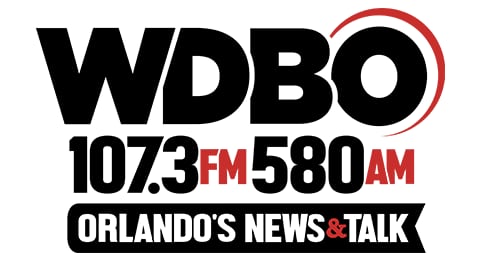WASHINGTON — (AP) — A majority of Supreme Court justices didn't seem convinced Monday that federal regulators misled companies before refusing to allow them to sell sweet-flavored vaping products following a surge in teen e-cigarette use.
The conservative-majority court did raise questions about the Food and Drug Administration crackdown that included denials of more than a million nicotine products formulated to taste like fruit, dessert or candy. Teen vaping use has since dropped to its lowest level in a decade, but the agency could change its approach after the inauguration next month of President-elect Donald Trump, who has promised to "save" vaping.
Vape companies have long marketed their products as a way to help adults quit traditional cigarettes, and say the FDA changed its standards with little warning as blocked the sale of over a million new flavored products.
Justice Elena Kagan, though, was skeptical.
“I guess I’m not really seeing what the surprise is here,” she said. “You knew what the FDA’s point of view was ... that blueberry vapes are really problematic in terms of youth smoking."
The FDA was slow to regulate the now multibillion-dollar vaping market, and even years into the crackdown flavored vapes that are technically illegal nevertheless remain widely available.
The agency says the companies were denied because they couldn't show flavored vapes had a net public benefit, as laid out in the law. It has approved some tobacco-flavored vapes, and recently allowed its first menthol-flavored electronic cigarettes for adult smokers after the company provided data showing the product was more helpful in quitting, Deputy Solicitor General Curtis Gannon said.
The issue came before the high court when the agency appealed a decision from the conservative 5th Circuit Court of Appeals tossing out one of its denials.
While other lower courts rebuffed vaping company lawsuits, the 5th Circuit sided with Dallas-based company Triton Distribution. The decision allowed the sale of e-juices like “Jimmy The Juice Man in Peachy Strawberry" and “Suicide Bunny Mother's Milk and Cookies” which are heated by an e-cigarette to create an inhalable aerosol.
Justice Neil Gorsuch questioned whether the FDA process had given the companies a fair chance to make their claims, given that their businesses were at stake.
Conservative Justice Brett Kavanaugh expressed concern about what recourse companies have if agencies issue misleading guidance, though he also elicited that the FDA wasn't required to issue the guidance it gave in the vaping case. “I'm trying to figure out what the legal error is here,” he said.
The vape companies, he said, can reapply for sales authorization even if they don't win in court. Triton attorney Eric Heyer said that process would take so long that the company could be forced to close.
The court has overall been skeptical of the power of federal regulators, including by striking down the so-called Chevron doctrine that had judges deferring to agencies' interpretation of the law.
Justice Amy Coney Barrett questioned whether the vaping companies wanted the court to take that concept a step further. “It’s almost a reverse Chevron deference, except we're deferring to the applicant," she said.
The court is expected to decide the case in the coming months.
Copyright 2024 The Associated Press. All rights reserved. This material may not be published, broadcast, rewritten or redistributed without permission.











